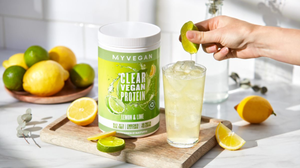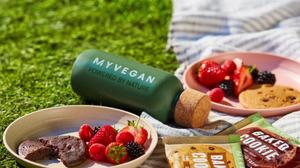
As more people become aware of the incredible impact our food choices have on our day-to-day wellbeing and the health of our planet, attitudes towards plant-based eating are changing. According to the latest statistics, the number of vegans worldwide is currently around 79 million. As staggering as this figure is, how amazing would it be to get this number higher?
We're here to dispel the commonly-held vegan misconceptions and myths that often stop people from taking the plunge.

Can a Vegan Diet Improve Gut Health?
Our Registered Nutritionist discusses the link between vegan diets and gut health.
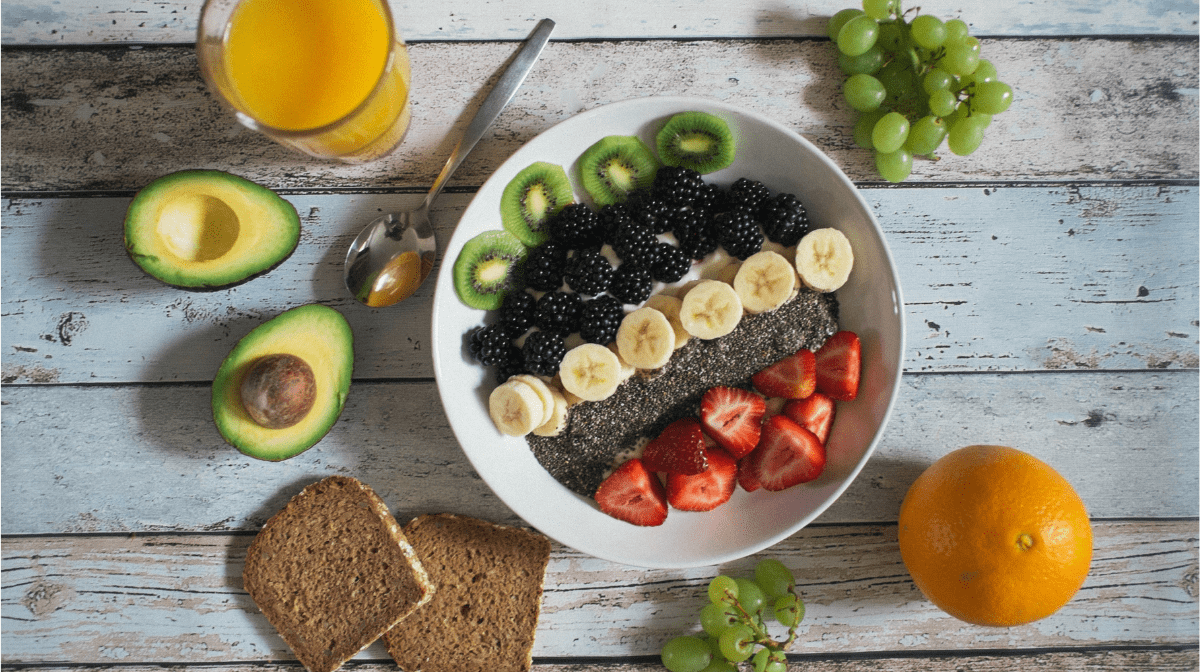
6 Ways Veganism Helps the Environment | With Lara Jackson
Join Zoologist and Conservation Biologist Lara Jackson as she shares the top 6 reasons why going plant-based can be the best thing you do to help protect the planet's biodiversity.
Myth 1: Isn’t a vegan diet too restrictive?
Too often, veganism is associated with ‘cutting back’, ‘restricting’, or ‘limiting’. The realities of a plant-based diet, however, couldn’t be further away from this! When you switch out animal products, you start to discover how much goodness the plant-world has to offer.
There are so many weird and wonderful plant-based ingredients that making meals soon becomes an adventure rather than a routine. And this increased diversity isn’t just exciting for food-lovers, but actually brings a number of health benefits; recent studies have established a clear link between the broader diets of human herbivores and better gut health, amongst a plethora of other health benefits.
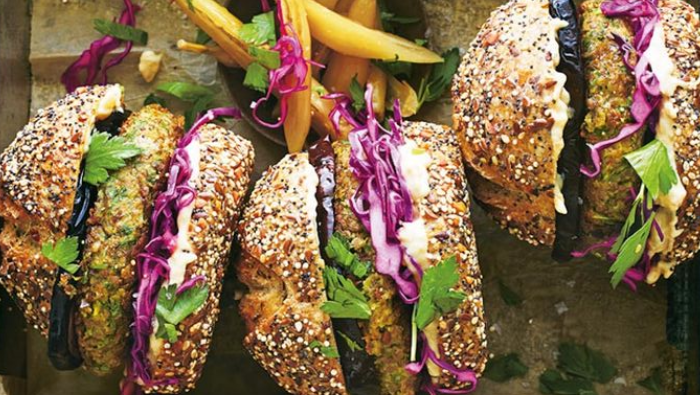
Myth 2: Aren’t vegan diets low in protein?
We tend to fixate on protein these days, making it seem the most important element of our diets. Whilst it is indeed super important, it’s worth saying that we generally need less protein than we think we do. And besides, we can get protein from so many sources than just animal-based products; oats, whole grains, vegan protein powders, nuts, and seeds all contain protein and can be incorporated into a healthy, balanced diet. Plus - if plant-based protein is good enough for Djokovic, Venus Williams, and David Haye, it’s good enough for us.
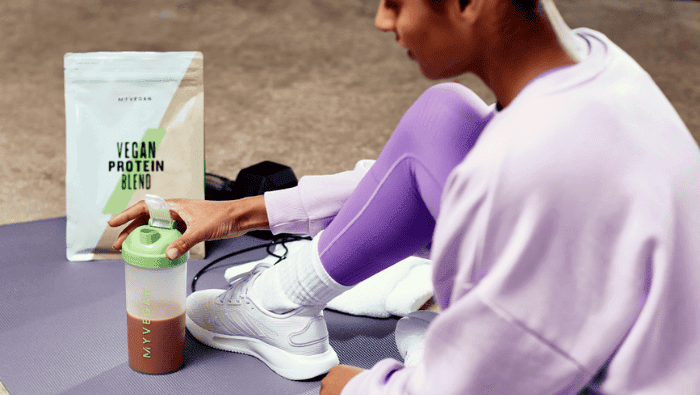
Myth 3: Aren’t vegan diets low in calcium?
Years of TV adverts showcasing happy kids drinking glasses of milk have embedded the idea that dairy = calcium. Believe it or not, you can get all the calcium you need through plants. Leafy greens, figs, sweet potatoes, and fortified plant-based milks all offer healthy, animal-free sources of the mineral, helping you to keep your bones strong.
Myth 4: Aren’t vegans always tired?
For some reason, the idea that vegans have low energy levels has circulated for a long time. This might be true when people make a complete change to their diet suddenly or follow a plant-based diet incorrectly (i.e by not taking account of nutritional needs), but either way, it’s definitely not true (trialled and tested!).
In fact, turning to plants often has the complete opposite effect. Digestion takes a huge amount of energy - and animal products take a lot longer to digest. So, moving to a more herbivorous diet means you no longer have to expend significant amounts of energy digesting animal products and associated saturated fats.
Footballer, Chris Smalling, even credits going vegan with improved performance on the pitch and faster recovery times.

Myth 5: Isn’t it extremely difficult to go vegan?
Many think that it’s really difficult to go vegan, but it’s actually surprisingly easy. All you need is a little more awareness when food shopping, and a playful attitude when choosing recipes. If dropping animal products all of a sudden isn’t for you, don’t do it. We’d recommend gradually reducing your meat and dairy intake as you up your plant provisions. Taking a ‘vegan-ish’ approach allows you to find your own way to a healthier, more sustainable diet without compromising your enjoyment of food.
Shop plant-based essentials:
Check these out next:







